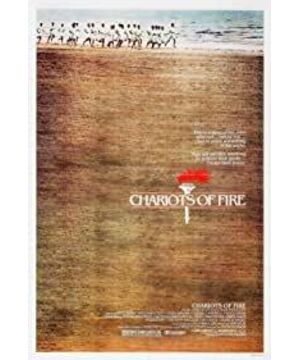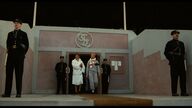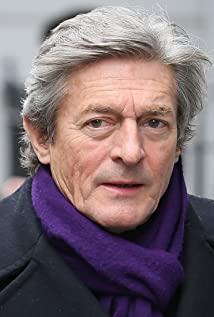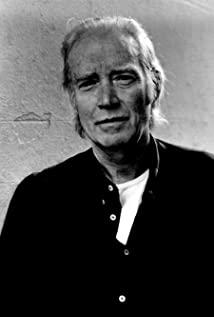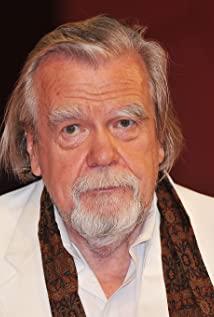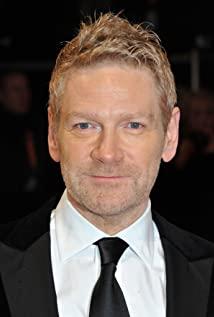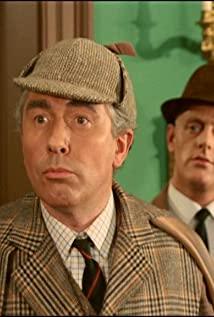WANG Zhixi (王志希), MATS, Full Time, 2013-14
To Run for the Glory of God
Running, as the central theme of the film Chariots of Fire, is also a repeating metaphor in the Bible, especially in the Pauline letters of the New Testament. One of the most famous biblical texts concerning running may be, for example, "Know ye not that they which run [τρέχοντες] in a race [στάδιῳ] run [τρέχουσιν] all, but one receiveth the prize? So run [τρέκετε], that ye may obtain." (1 Corinthian 9: 24) Eric Liddell in this film (which is adapted from the true story) also embodies a spirit of running, and running for the glory of God (or in other words, "hallowed be thy name"):
(1) Once he compares the Christian faith to a running race, both of which would definitly encounter many difficulties and need continuous training and perseverance.
(2) Another time when his devout sister reproaches him for his missing a Sunday worship because of too devoting himself to running, Liddell, in reply to her strong wish that he go back as a missionary to Republican China where he was born (specifically, Tianjin City), says firmly that although God makes him for a purpose as a missionary, He also makes him "fast" as a running racer.
(3) Furthermore, after turning down participating in the Men's 100-meter race of the 1924 Summer Olympics because the race is held on Sunday (then a sacred Sabbath Day for Liddell), he delivers a sermon at the Church of Scotland on that Sunday , quoting Isaiah 40: "Even the youths shall faint and be weary, and the young men shall utterly fall: But they that wait upon the LORD shall renew [their] strength… they shall run, and not be weary."
Pauline images, both the running process as a trope of a whole life living for Christ (for instance, "I have finished [my] race" in 2 Timothy 4:7), and running for the prize as a trope of a kind of glorification God has promised in Christ (see 1 Corinthian 9: 24 quoted above), might be alluded in Liddell's own story as a former running racer and a later missionary.
Not to Run ALSO for the Glory of God
As already mentioned, Liddell declines the Olympic Games' schedule of competing a race on Sunday as a Sabbath Day, showing that his evangelical faith strongly influences his notion of what it takes to keep the commandments of God (including keeping the Sunday as Sabbath as well as neither smoking nor drinking—a Puritan way of life!). Therefore in his belief (also impacted by his whole family and faith community) honoring God in this specific way takes precedence over honoring his university and even his country, let alone himself. As Jürgen Moltmann put it, "human beings are the last to be created before the Sabbath, and are created for that." If Liddell's choosing to be a running racer before becoming a missionary is to hallow his God's name, feeling God's pleasure for him as he makes the best of God's gift of running so fast; then his choosing to give up that precious chance of running on Sunday to get a medal in the Olympics is also for the glory of God, though we might dispute over whether or not that decision is too dogmatic. For Liddell, "in glorifying God, the creatures created to be the image of God themselves arrive at the fulfilment of what they are intended to be."
To Run or Not to Run: The Tension of What It Means to Glorify His Name
Indeed, just similar to the famous question of "to be or not to be" raised by Hamlet of Shakespeare, it is frequently not easy as a Christian, Liddell included, to judge what it means to glorify God in concrete situations, especially when issues might seem morally neutral for modern people (and sometimes it is harder to discern what it means to be "morally" right!). In reality, we, whether runners like Liddell or not, always live in a tension of "to run or not to run". The famous answer to the very first question of Westminster Shorter Catechism (written in 1646 and 1647 by a synod of English and Scottish theologians), "man's chief end is to glorify God", therefore is often times a too general and obscure "end" for us to achieve. Although Liddell lives out that "end"with his own conscience and commitment to God, yet there may be a little doubt that will many Christians (especially conservative ones) today still remember and praise his rigidly keeping Sabbath if he did not get a medal during another race competition of the 1924 Olympics not held on Sunday?
First Draft, 27/5/2014, Tuesday; Revised Version, 28/5/2014, Wednesday
View more about Chariots of Fire reviews


